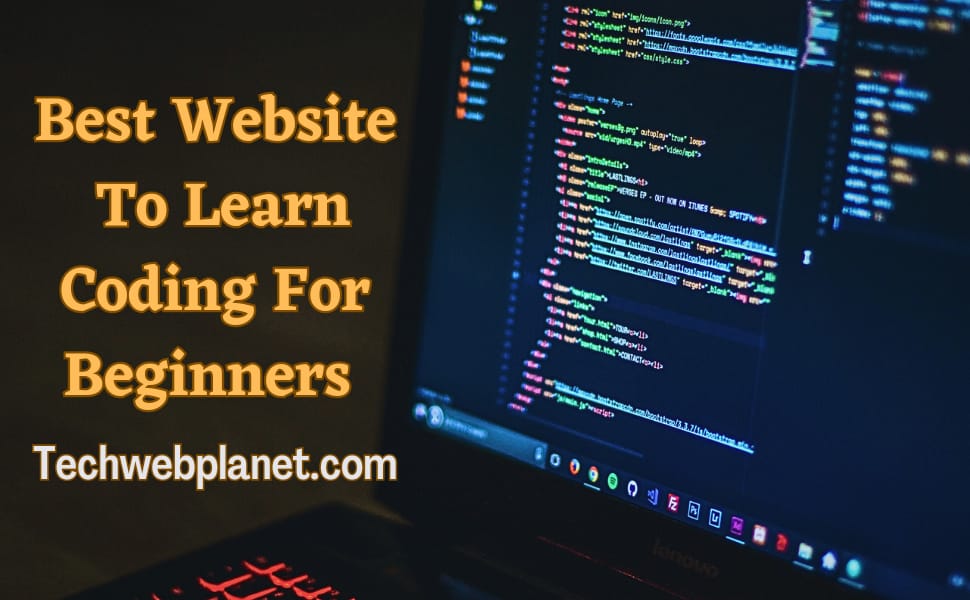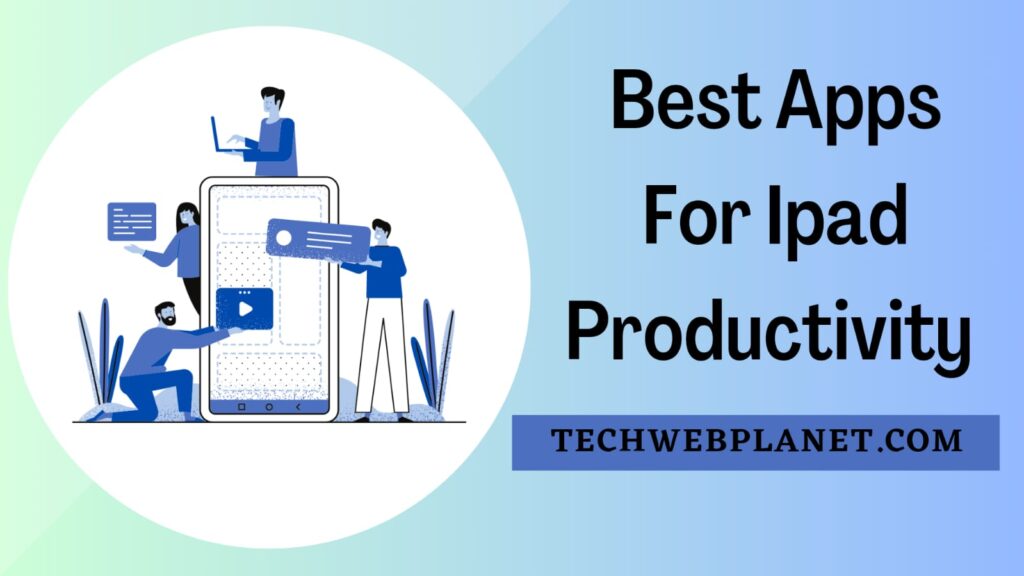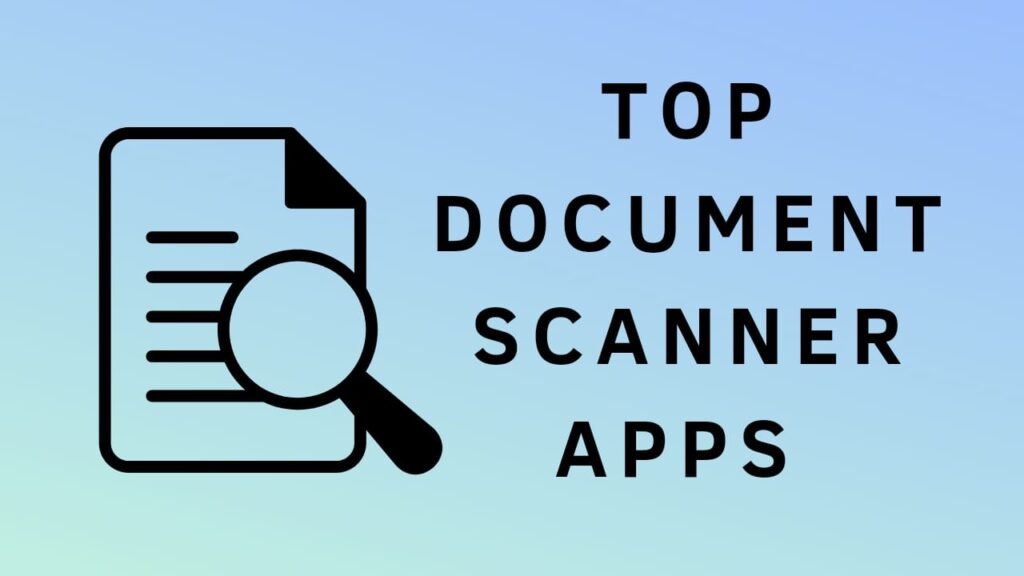Now a days ai is growing very fastly and in most of the profession ai is reducing human work. Most of the people want to learn about ai and machine learning. For our users we have listed best books on ai and machine learning from which you can gain complete knowledge about ai and machine learning.
Below Are The Best Books On Ai And Machine Learning
Table of Contents
1.Artificial Intelligence Basics

Artificial Intelligence Basics by Tom Taulli is an engaging and non-technical introduction to the fundamental concepts of AI. The book covers important topics such as machine learning, deep learning, natural language processing, and robotics, providing real-world case studies and practical implementation steps.
The author expands on the bigger questions surrounding AI, including societal trends, ethics, and the future impact AI will have on world governments, company structures, and daily life. The book is a valuable resource for anyone looking to understand AI and its possibilities for their organization. It is written in an accessible style, making it suitable for readers without a technical background.
2.Make Your Own Neural Network

Make Your Own Neural Network by Tariq Rashid is a comprehensive and accessible guide to understanding the mathematics of neural networks and creating them using the Python programming language. The book takes readers on a step-by-step journey, starting from simple ideas and gradually building up an understanding of how neural networks work.
It is designed to be approachable for readers with no more than a secondary school-level mathematics background, and it includes an introduction to calculus. The book’s practical approach allows readers to code in Python and develop their own neural network, making it a valuable resource for those interested in delving into the world of neural networks and artificial intelligence
3.Competing in the Age of AI

Competing in the Age of AI by Marco Iansiti and Karim R. Lakhani is a groundbreaking book that explores the transformative impact of artificial intelligence on business and competition. The authors present a compelling framework for understanding how AI is reshaping the nature of firms and the rules of competition.
They provide real-world examples and practical insights, offering a roadmap for leaders to navigate the AI-driven landscape. The book has received widespread acclaim and is recognized as an essential guide for rethinking business strategies and operating models in the era of AI. It is a must-read for anyone seeking to understand and harness the power of AI in today’s business environment.
4.Scary Smart

Scary Smart” by Mo Gawdat is a thought-provoking book that explores the future of artificial intelligence and its impact on humanity. The book offers an accessible blueprint for creating a harmonious future alongside AI, providing practical solutions for navigating the inevitable intrusion of AI.
Gawdat, the former Chief Business Officer at Google [X], draws on his considerable expertise to explain how AI works and how it can be harnessed to preserve our species. The book covers topics such as the risks of AI, ethics, and the role of humans in shaping the future of AI. “Scary Smart” is a must-read for anyone seeking to understand the implications of AI for our collective future
5.Life 3.0

Life 3.0: Being Human in the Age of Artificial Intelligence” by Max Tegmark is a compelling exploration of the potential impact of artificial intelligence on humanity. Tegmark, a Swedish-American cosmologist, delves into the societal implications, risks, and ethical considerations associated with the advancement of AI.
The book presents a thought-provoking analysis of various scenarios, from the potential for AI to outsmart humans to the transformative possibilities for the future. Tegmark’s work has been praised for its accessibility and its ability to engage readers in one of the most important conversations of our time. It offers a comprehensive and insightful perspective on the evolving relationship between humans and AI.
6.The Business Case for AI

The Business Case for AI” by Kavita Ganesan is a practical guide for business leaders looking to implement AI initiatives that get results. The book offers a comprehensive framework for understanding AI, including its myths, misconceptions, and risks. Ganesan provides real-world examples and practical insights, offering a roadmap for leaders to navigate the AI-driven landscape.
The book covers topics such as identifying high-impact AI opportunities, preparing for AI transitions, and measuring AI performance. It is written in an accessible style, making it suitable for readers without a technical background. “The Business Case for AI” is a valuable resource for anyone looking to understand and harness the power of AI in today’s business environment.
7.Machine Learning for Hackers

Machine Learning for Hackers by Drew Conway and John Myles White is a practical guide to machine learning and statistics tools, presented through a series of hands-on case studies. The book is designed to help readers understand the concepts of machine learning and statistics through practical examples, rather than theoretical explanations.
The authors provide a comprehensive introduction to machine learning algorithms, including decision trees, clustering, and neural networks, and demonstrate how to apply them to real-world problems. The book is suitable for experienced programmers interested in data analysis and machine learning, and it includes code examples in the Python programming language. Machine Learning for Hackers is a valuable resource for anyone looking to develop their skills in machine learning and data analysis.
8.Deep Learning Illustrated

Deep Learning Illustrated by Jon Krohn, Grant Beyleveld, and Aglaé Bassens is a visual and interactive guide to artificial intelligence, offering a comprehensive introduction to the discipline’s techniques. The book, released in September 2019, has become an instant bestseller and is recognized for its intuitive approach, complete with full-color figures and easy-to-follow code.
It covers essential theory, deep learning libraries, and practical applications, making the subject approachable and fun to learn. The authors provide a pragmatic understanding of major deep learning approaches and their uses, empowering readers to immediately apply best-practice tips and example code.
9.AI Superpowers

AI-Superpowers: China, Silicon Valley, and the New World Order” by Kai-Fu Lee is a thought-provoking book that explores the rise of artificial intelligence and its impact on the global economy. Lee, a pioneer in the field of AI, provides a comprehensive analysis of the AI industry in China and Silicon Valley, highlighting the strengths and weaknesses of each region.
The book covers topics such as the AI arms race, the impact of AI on employment, and the ethical considerations surrounding AI. Lee’s work has been praised for its insights into the future of AI and its implications for society. “AI-Superpowers” is a must-read for anyone interested in understanding the transformative power of AI.
10.2084 [Artificial Intelligence and the Future of Humanity]

2084 Artificial Intelligence and the Future of Humanity by John C. Lennox offers a thought-provoking Christian perspective on the impact of artificial intelligence on humanity. The book delves into the key developments in technological enhancement, bioengineering, and AI, presenting a balanced and engaging account of the challenges and opportunities posed by AI.
Lennox, a respected scientist and philosopher, provides a comprehensive analysis of the implications of AI from a Christian worldview, offering evidence-based and credible answers that bring hope for the future of humanity. The book is designed to challenge readers from all worldviews, making it a valuable resource for anyone interested in the intersection of AI and humanity.
For More Information Of AI Tools Visit Our Website












